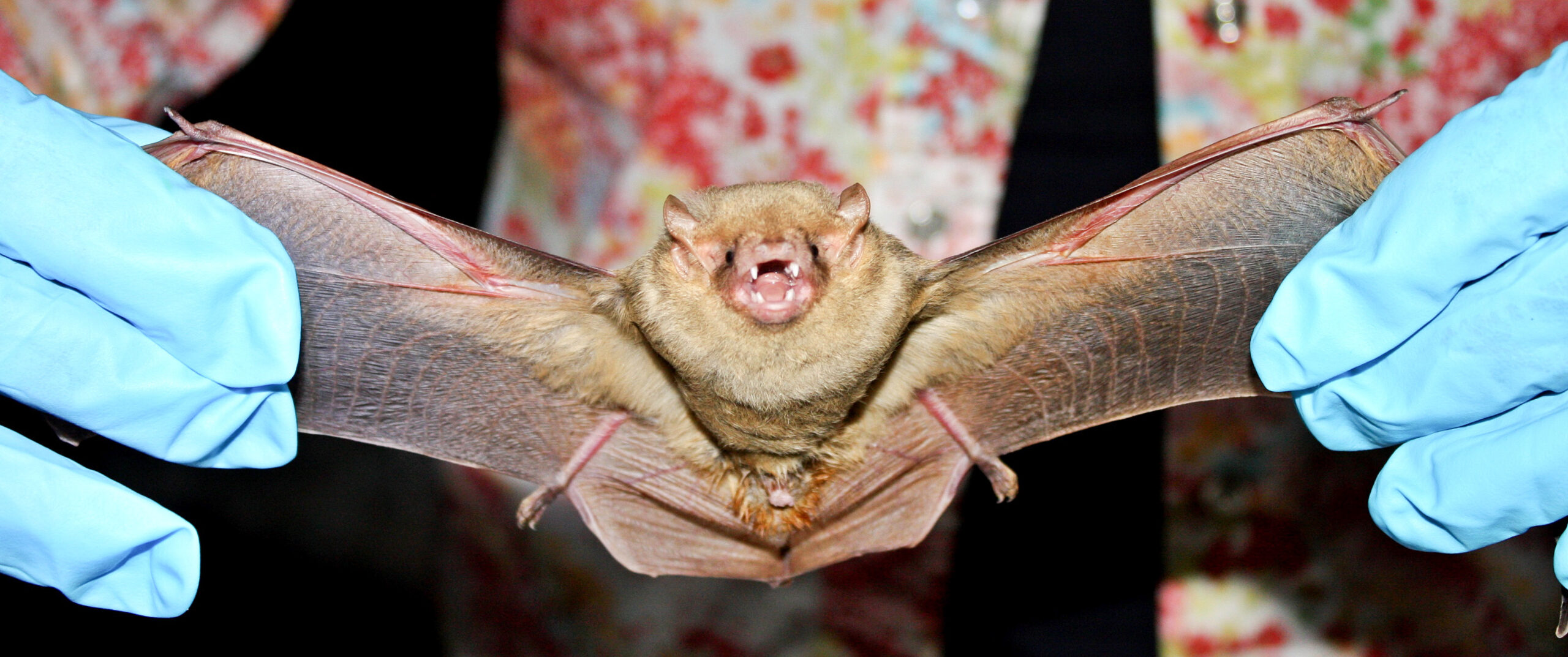Now is the season to exclude bats
While Florida’s 13 native and beneficial bat species typically roost in trees, caves or other natural spaces, they can also be attracted to human-made structures. The Florida Fish and Wildlife Conservation Commission is reminding the public that the fall season is an ideal time to exclude bats from your home or other structure.
Bat maternity season, the time when bats give birth and raise their young, ended Aug. 15. During bat maternity season, it is illegal to block bats from their roosts to prevent flightless young from being trapped inside structures.
Fall is one of the best times to exclude bats and bat-proof your home, after bat pups have been weaned and can fly and search for food on their own. It is only legal to use exclusion devices from Aug. 15 through April 15, so fall is a perfect time to legally exclude any bats that occupy a structure on your property.
Exclusion devices, which allow bats to exit a structure but block them from returning to roosts, are the only legal and appropriate method to remove bats from your home or building. It is illegal in Florida to kill or harm bats, so exclusion guidelines were developed to ensure bats are removed safely and effectively from buildings outside of maternity season.
Bat exclusion is a multi-step technique, which begins by identifying potential bat entry and exit points in a building. To legally exclude bats, exclusion devices must be left up for a minimum of four nights and must be conducted when the overnight temperature is forecasted to be 50ºF or above.
Bats are both ecologically and economically beneficial. They serve critical functions worldwide due to their roles in insect pest control, and as pollinators and seed dispersers. All of Florida’s bats are insectivores, and a single bat can eat hundreds of insects, including mosquitoes and other garden and agricultural pests, each night.
Florida is home to 13 resident bat species, including threatened species such as the Florida bonneted bat. While bats benefit people, they need our help! Consider becoming part of Florida’s Bat Force — residents and visitors can support Florida bat conservation in several ways:
- Be a bat supporter – join us in sharing why bats are important with friends and family.
- Be a bat host by preserving natural roost sites, including dead fronds left on palm trees and trees with Spanish moss, cavities and peeling bark. Install a bat house on your property as an alternative roosting spot.
- Be a bat champion by volunteering with the FWC. Not able to volunteer? Get involved in participatory science by counting and reporting numbers of bats emerging from bat houses to the Florida Bat Working Group. Visit MyFWC.com/Bats and click on “How to Help Bats page” for more details.
- Report unusual bat behavior, as well as sick or dead bats: MyFWC.com/BatMortality.
For more information about how to properly exclude bats as well as other tips to bat-proof your home, visit MyFWC.com/Bats and click “Living with Bats.” Learn more about bats in Florida and ways you can help them thrive by visiting MyFWC.com/Bats.



Meet the Editor
David Adlerstein, The Apalachicola Times’ digital editor, started with the news outlet in January 2002 as a reporter.
Prior to then, David Adlerstein began as a newspaperman with a small Boston weekly, after graduating magna cum laude from Brandeis University in Waltham, Massachusetts. He later edited the weekly Bellville Times, and as business reporter for the daily Marion Star, both not far from his hometown of Columbus, Ohio.
In 1995, he moved to South Florida, and worked as a business reporter and editor of Medical Business newspaper. In Jan. 2002, he began with the Apalachicola Times, first as reporter and later as editor, and in Oct. 2020, also began editing the Port St. Joe Star.